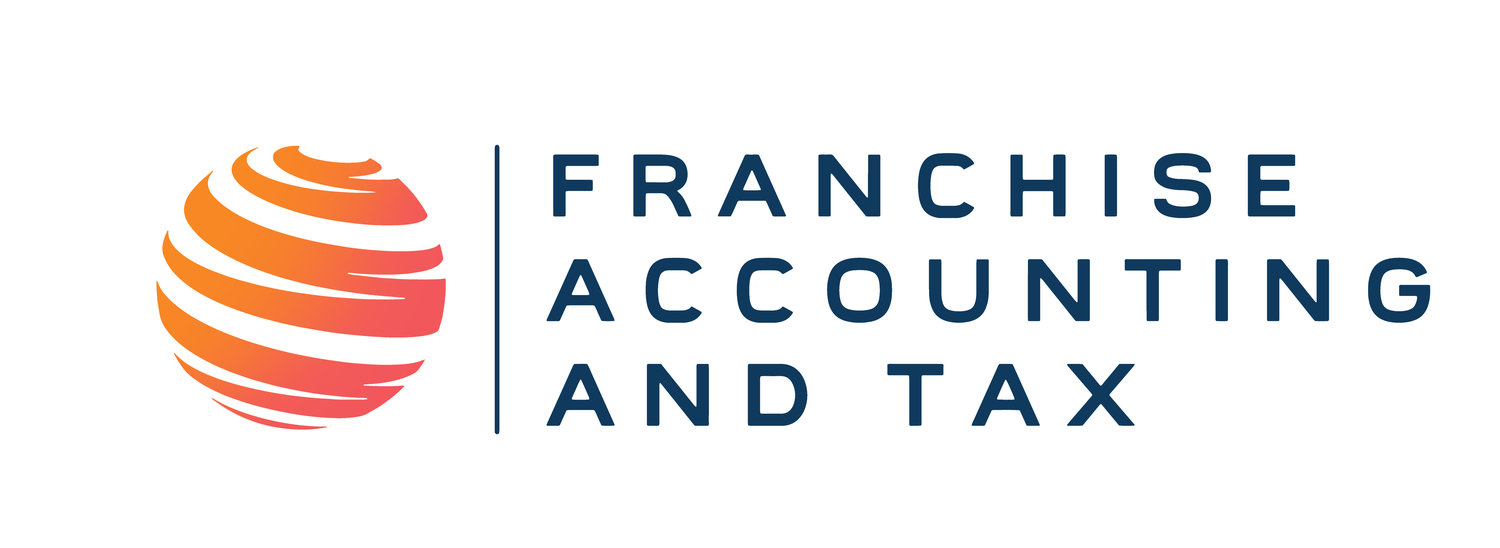7 Essentials for your new business
Once you've decided to go ahead with a franchise, there will be various accounting things to get in place. Here are a few of them. This list can seem overwhelming if you've not started a business before. However, we will talk you through all this when the time comes. Even better, our expert team can take care of most of these steps on your behalf.
1. Tax Office Registrations
Depending on your business structure and size, you’ll need to be registered with the Australian Taxation Office (ATO) for GST and PAYG Withholding. This can become a little complicated, especially if you have a more complex business structure, such as a Trust or Partnership.
A mistake when registering your business can lead to delays with your tax matters or GST refunds (if applicable) ... which is why we take care of ATO liaison for our clients.
2. ASIC
If you’re trading through a company you’ll be registered with the Australian Securities Investment Commission. ASIC holds details on your company, such as directors and shareholders. It must be kept up to date of any changes, otherwise penalties apply.
We provide Registered Office services for our clients, which helps ensure information is kept up to date.
3. Bank Account
Your business will need its own bank account. In fact, we recommend 2 bank accounts: a transaction account and one for GST and PAYG. Each week or month you should put aside your GST/PAYG so you have the money available when it's time to pay it to the ATO.
One thing that will make a difference to the way you manage your money is to have an account which allows you to process payments using a special type of file called an ABA file. This means you can pay multiple people or suppliers in a single transaction. It will save you heaps of time when it comes to managing payroll and supplier payments.
Apart from bank accounts, we recommend you have a debit card on the account. If you use a credit card for business, make sure you have a seperate one from your personal card.
4. Bookkeeping
A bookkeeper's job is to keep the records of financial transactions up to date. Years ago they used to manually record transactions in big ledgers, or books (hence the term ‘bookkeeper’). Now that we use accounting software the bookkeeper's job is to make sure the transactions are correctly recorded. However, there's more to it than entering details of your receipts and payments.
These days, bookkeeping involves connecting several software packages and apps, and keeping them in sync. And it's easy to make mistakes unless you understand the tech and the debits and credits. Those mistakes can cost you dearly when it comes to BAS and Tax time - when your accountant will need to fix them!
Our advice? Talk to us about how we set up franchise bookkeeping, and how we train you to use the software.
5. Chart of Accounts
The Chart of Accounts governs the structure of the financial reports from your accounting software. It is important to set up a meaningful Chart of Accounts, otherwise it will be very difficult for you to assess the performance of the business.
Although accounting software comes with standard Charts of Account, franchises have a few accounting quirks, which mean you'll need to make some changes. Also, your franchisor may have specific reporting requirements which should be reflected in the Chart.
6. Payroll
Payroll is a particularly complex area for a franchise. Specific Awards govern nearly every job role in franchise businesses, meaning you will need to pay close attention to paying your employees the correct rate for the actual hours worked.
It's very important to understand the details before you start in business, and to stay up to date with changes in pay rates and other legislation. Failing to comply can mean financial penalties and in some cases could mean you lose your business.
Because this is a high risk area for franchises, we set our clients up with payroll software and train you in how to use it. We also offer payroll reviews to help you monitor your compliance.
7. Superannuation
Along with Payroll comes Superannuation, which most people call 'Super'. You must decide one a Default Super Fund and make Super contributions for your employees to a fund of their choice, subject to certain requirements and exemptions.
So there are at least two things to watch out for: first, that you pay the right Super for people are entitled to it, and secondly that you don't pay Super unnecessarily.
This is another complex area, and there are penalties for getting it wrong.
We help our clients understand what they need to do regarding Super, and our monthly reviews will help you stay aware of when it's time to pay!
Need a helping hand?
As you can see, there are lots of financial things to get to grips with when you run a business. If you'd like a hand with staying on top of all this, please contact us. We'll be happy to help!

